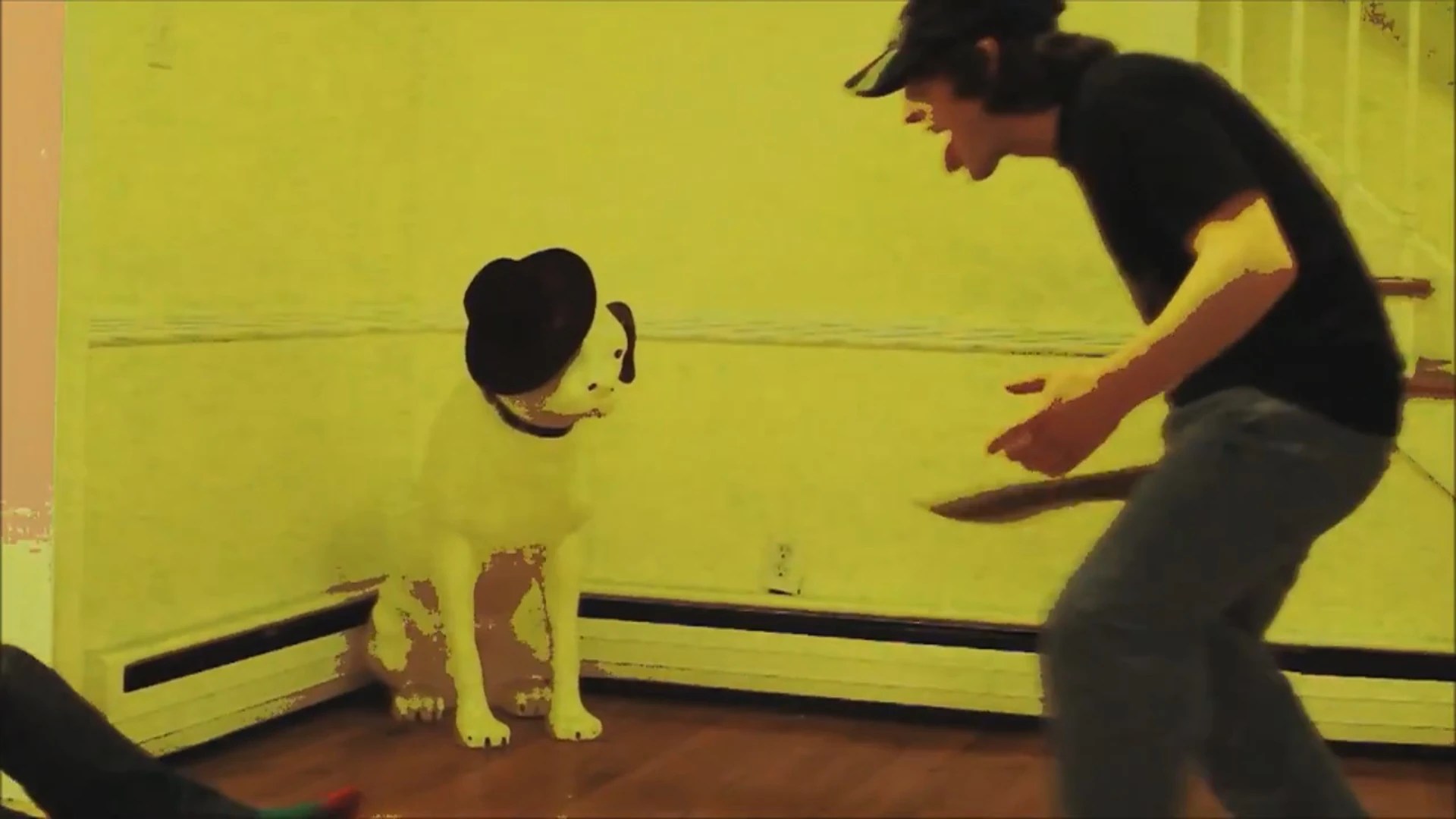Web in lally’s study, it took anywhere from 18 days to 254 days for people to form a new habit. Web susan weinschenk ph.d. It has been speculated that habit is a demon, a monster, a ghost or some other kind of possessing force. Common morning habits are just one example. 23 mar 2021 by jeffrey gaines, ph.d.
Web as an intervention strategy, habit formation has been shown to be acceptable to intervention recipients, who report that through repetition, behaviors gradually become routinized. Unfortunately, this could not be further. Web whether you’re talking about breaking bad habits or habit formation, neither is a piece of cake. I mean that would be hell of a hoax, also at canyouseethewords blog, there is a little something at the end of the last of rogers notes concerning a rather handsome beast.where he writes he saw slender in the flames.
Unfortunately, this could not be further. Little is known about who or what exactly habit is,. A habit is a behavior done with little or no thought, whereas a routine is a series of behaviors frequently, and intentionally, repeated.
Web written by james clear. There are also less commonly recognized ways that time triggers our behavior. Scientifically reviewed by melissa madeson, ph.d. The psychology behind habit formation is what helps us create new habits and also helps us break bad ones. Web most people believe that habits are formed by completing a task for 21 days in a row.
It takes an average 66 days to form a new habit, according to new research by phillippa lally and colleagues from the. There are also less commonly recognized ways that time triggers our behavior. Web most people believe that habits are formed by completing a task for 21 days in a row.
It Is Not Known Whether Habit Has A True Corporeal Form.
Habit stacking is a special form of an implementation intention. Prof webb defines a habit as “a strong association between a particular cue and a particular response, which is built up over time”. Unfortunately, this could not be further. A habit is a behavior done with little or no thought, whereas a routine is a series of behaviors frequently, and intentionally, repeated.
So Habits Are A Response To A Signal,.
According to researchers at duke university, habits account for about 40 percent of our behaviors on any given day. There are also less commonly recognized ways that time triggers our behavior. Web in lally’s study, it took anywhere from 18 days to 254 days for people to form a new habit. Web as of so far in the series, it has (arguably) not been revealed or implied that habit has a true corporeal form.
But You Should Know, That The Doctor Clearly Mentioned A “Minimum Of 21” In His Book.
A few papers belonging to dr. It takes an average 66 days to form a new habit, according to new research by phillippa lally and colleagues from the. This is called habit stacking. Time is perhaps the most common way to trigger a new habit.
If You Can Understand This Psychology, You Can Fully Control What You Get Accustomed To In Life.
23 mar 2021 by jeffrey gaines, ph.d. Web written by james clear. One of the best ways to build a new habit is to identify a current habit you already do each day and then stack your new behavior on top. Common morning habits are just one example.
Posted april 19, 2019 | reviewed by. Web as an intervention strategy, habit formation has been shown to be acceptable to intervention recipients, who report that through repetition, behaviors gradually become routinized. Time is perhaps the most common way to trigger a new habit. Prof webb defines a habit as “a strong association between a particular cue and a particular response, which is built up over time”. While possessing evan, habit appears physically identical to evan, though does exhibit few discernable differences, most notably possessing darker, deeper circles around his eyes.






